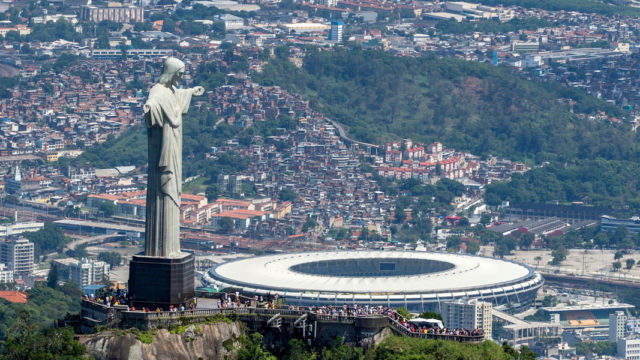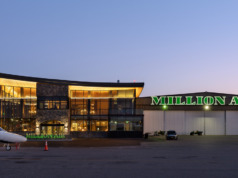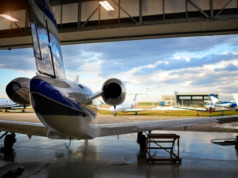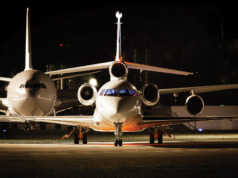
Headed to Brazil for the Summer Olympic Games? Well then, buckle up and get ready for a bumpy ride! After the chaos surrounding the 2014 World Cup in Brazil, and the country’s current state of political, security, and health affairs, bizav operators need to have their plan in place, a backup plan, a backup plan to their backup plan, and be ready for the unexpected between now and August 21. Oh, and bring plenty of bug spray!
You already may be aware of the difficulties you will face with aircraft arrival and departure reservations (slots), permits, parking, and the inevitable general pain in the wallet, but in case this adventure is new to you, here’s an outline of some things that could have an impact on your fun-filled trip to the Summer Games.
First, you’ll want to choose a good International Trip Planner, someone who can assist you with every aspect of your trip from visas to landing rights, catering to parking. If your team handles these details in-house, make sure it’s well-versed in permit and slot procedures, and has chosen an on-ground handler who is well-connected and respected by the local Civil Aviation Authority, in Brazil’s case, the Agência Nacional de Aviação Civil (ANAC).
Keep in mind that the process for applying for permits and slots has a specific procedure that, if not done correctly, could mean you are out-of-luck in getting a landing approval. Landing slots for the Games, specifically for non-Brazilian business aviation operators, are limited to between 0200 and 0800 local time, without express prior approval by the Brazilian government for VVIP passengers to land outside this time window. This is just one unfortunate reality of this year’s Summer Olympics.
Operators should plan on extended lead times to obtain a landing permit from ANAC, which your crew will need to acquire before applying for slots. Be mindful of document expiration dates, and timelines for filing your flight plan that may have an impact on your slots and permits. If you are chartering your own or another aircraft, you also should be aware of cabotage restrictions, which may prevent you from operating a non-Brazilian-operated charter flight within the country (though charter flights into and out of Brazil are permitted).
While a change in plans is inevitable in these situations, too many changes could mean the loss of your spot in line or the cancellation of your slots altogether by the authorities. And before even starting your planning, be sure to ask about cancellation fees. Operators at the World Cup in 2014 were appalled to find that when they had to cancel, sometimes due to lack of available slots, they were charged cancellation fees by Brazilian ground service companies at upwards of $35k!
Even with all these caveats, there are additional, more complicated, and continually evolving new requirements, expected to be announced closer to the start of the Games, that even the most savvy of operators may not anticipate.
Brazilian authorities have designated the airspace over the cities closest to the games into three categories: White (“Reserved”), Yellow (“Restricted”), and Red (“Prohibited”; military and government only). If you are planning to fly into one of the airports within these designations, your aircraft, passengers, and crew must either undergo a security inspection performed to Brazilian authorities’ specifications prior to entering Brazilian airspace, or be prepared to stop to complete such an inspection at the first available international airport in Brazil. This situation also will have an impact on the exceptionally limited slot times that will affect bizav operators.
As of publication, these inspections will be available at three locations for worldwide entry. Two, Atlanta and Miami, are for U.S. operators, and one, not yet disclosed, will be for the remainder of global entries. Trip Planners, Original Equipment Manufacturers (OEMs), and the Brazilian authorities are working feverishly to ensure that information and resources are in place to cover every aspect of operations. So continue to communicate regularly with your International Trip Planner or local ground handler for further details.
For more information on ground support in Brazil for your specific type of aircraft, click here.
Caterina Taylor is the Manager of North American Business Development for Jetex Flight Support, based at CRQ, Carlsbad, CA. She has 20 years of experience in FBO, Fuel, and Aviation Trip Support Services.





